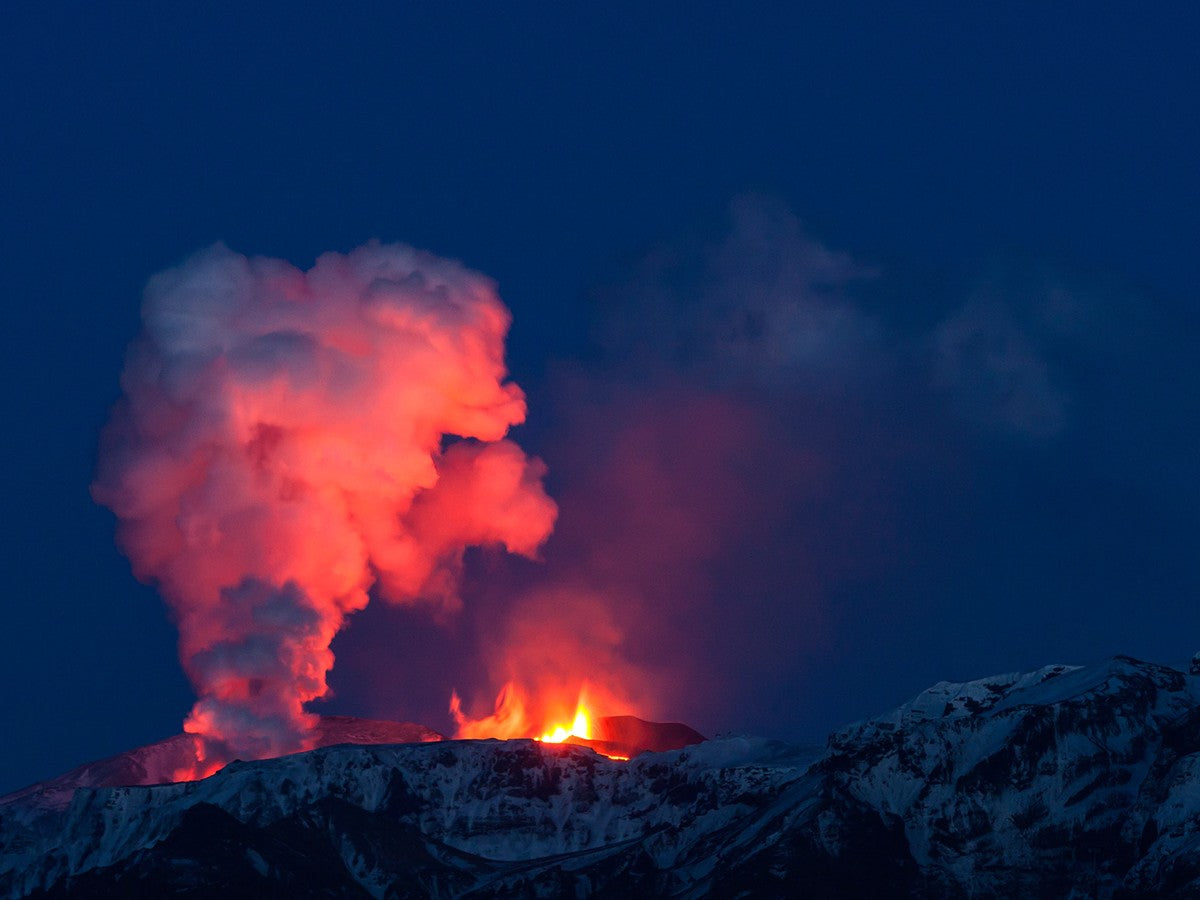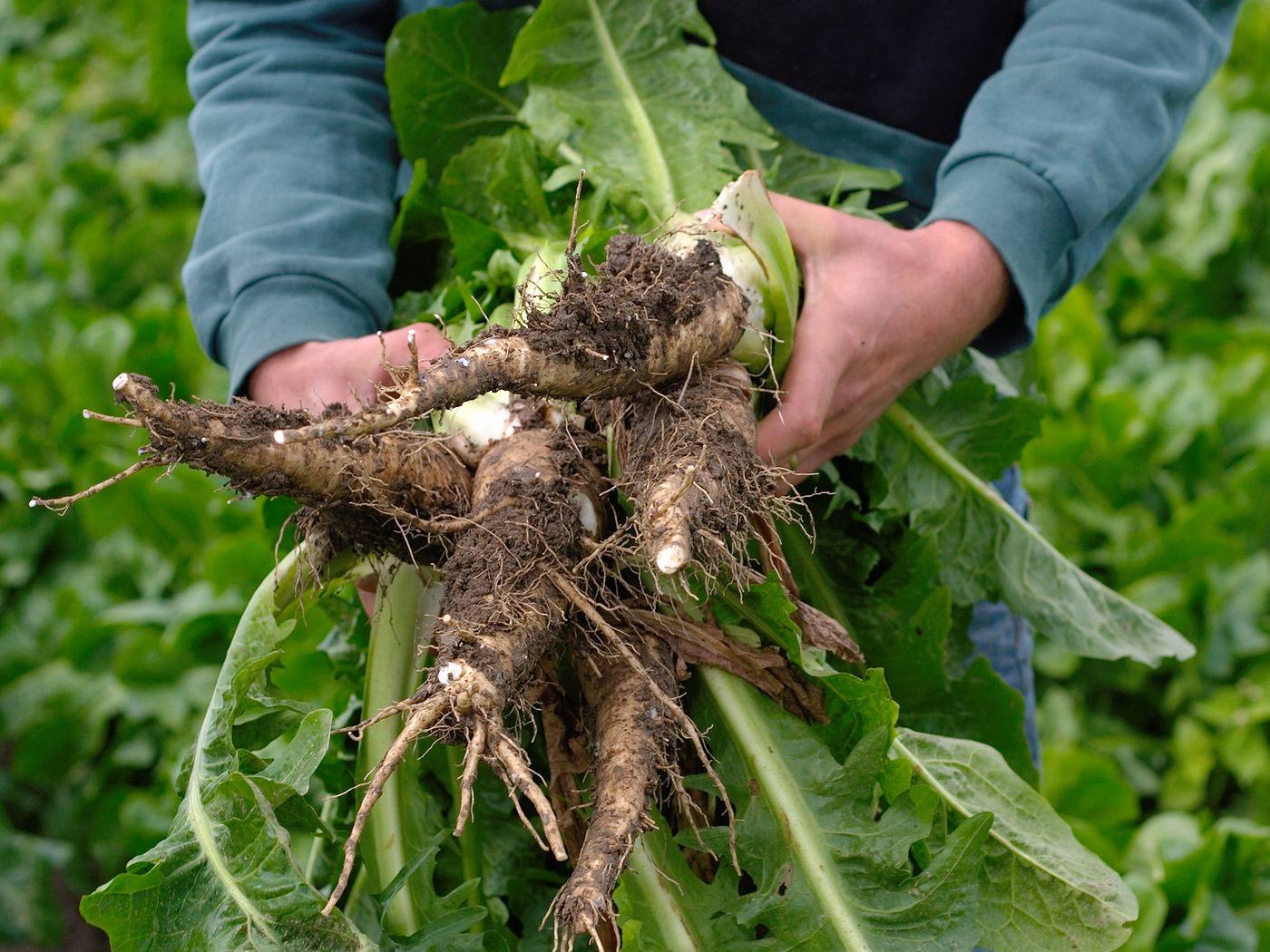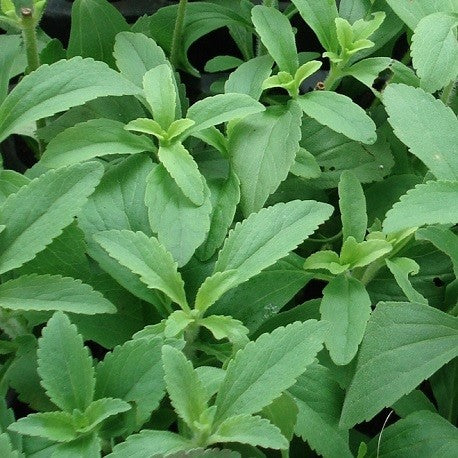
Icelandic Volcanic Ash and How It Helps with Acne
What is Icelandic Volcanic Ash?
Icelandic volcanic ash, also known as Icelandic ash, refers to the ash and fine particles produced during volcanic eruptions in Iceland. These eruptions can emit a mixture of materials, including volcanic ash, rock fragments, and gases, into the atmosphere.
Key characteristics of Icelandic volcanic ash include:
- Mineral-rich: Volcanic ash from Iceland is typically rich in minerals due to the volcanic activity in the region. It can contain a variety of minerals such as silica, aluminum, iron, calcium, and magnesium, depending on the specific volcanic eruption.
- Fine Particle Size: Volcanic ash consists of tiny, fine particles that can be easily carried by wind and dispersed over large areas. The fine particle size gives it a lightweight, powdery texture.
- Gray to Black Color: Icelandic volcanic ash is often gray to black due to the presence of dark volcanic minerals. The color can vary depending on the composition of the ash and the type of volcanic eruption.
- Hydrating Properties: Volcanic ash, when combined with water, can create a paste with hydrating properties. This paste is sometimes used in skincare and cosmetic products for its potential benefits for the skin.
Skincare products that feature Icelandic volcanic ash may include masks, cleansers, and exfoliating treatments.
How Icelandic Volcanic Ash help with acne:
Icelandic volcanic ash, which is often used in skincare products, can offer some potential benefits for individuals dealing with acne. It’s a mineral-based gentle exfoliant that helps soothe inflamed skin with its anti-inflammatory properties. Helpful in deeply cleaning the skin with its ash particles while soaking up excess oil.
Here's how Icelandic volcanic ash may help with acne management:
- Exfoliation: Icelandic volcanic ash contains fine particles that can act as a mild exfoliant. Exfoliation helps remove dead skin cells, unclog pores, and prevent the buildup of sebum (skin oil), which can contribute to acne. By promoting smoother and clearer skin, exfoliation can reduce the likelihood of new acne breakouts.
- Purification: The minerals in Icelandic volcanic ash are believed to have purifying properties. When applied to the skin, volcanic ash can help draw out impurities, excess oils, and toxins from the pores. This purification process can prevent pore blockages, which are often associated with acne development.
- Oil Control: Excess sebum production is a common factor in the development of acne. Volcanic ash may help control oil production by absorbing and reducing surface oils. This can lead to a reduction in skin shine and less clogging of pores.
- Detoxification: Volcanic ash is thought to aid in detoxifying the skin. By removing impurities and toxins, it can help create a cleaner and healthier environment for the skin.
- Mineral Infusion: Icelandic volcanic ash contains minerals that can nourish the skin. These minerals can provide essential nutrients to support the skin's health and function.






